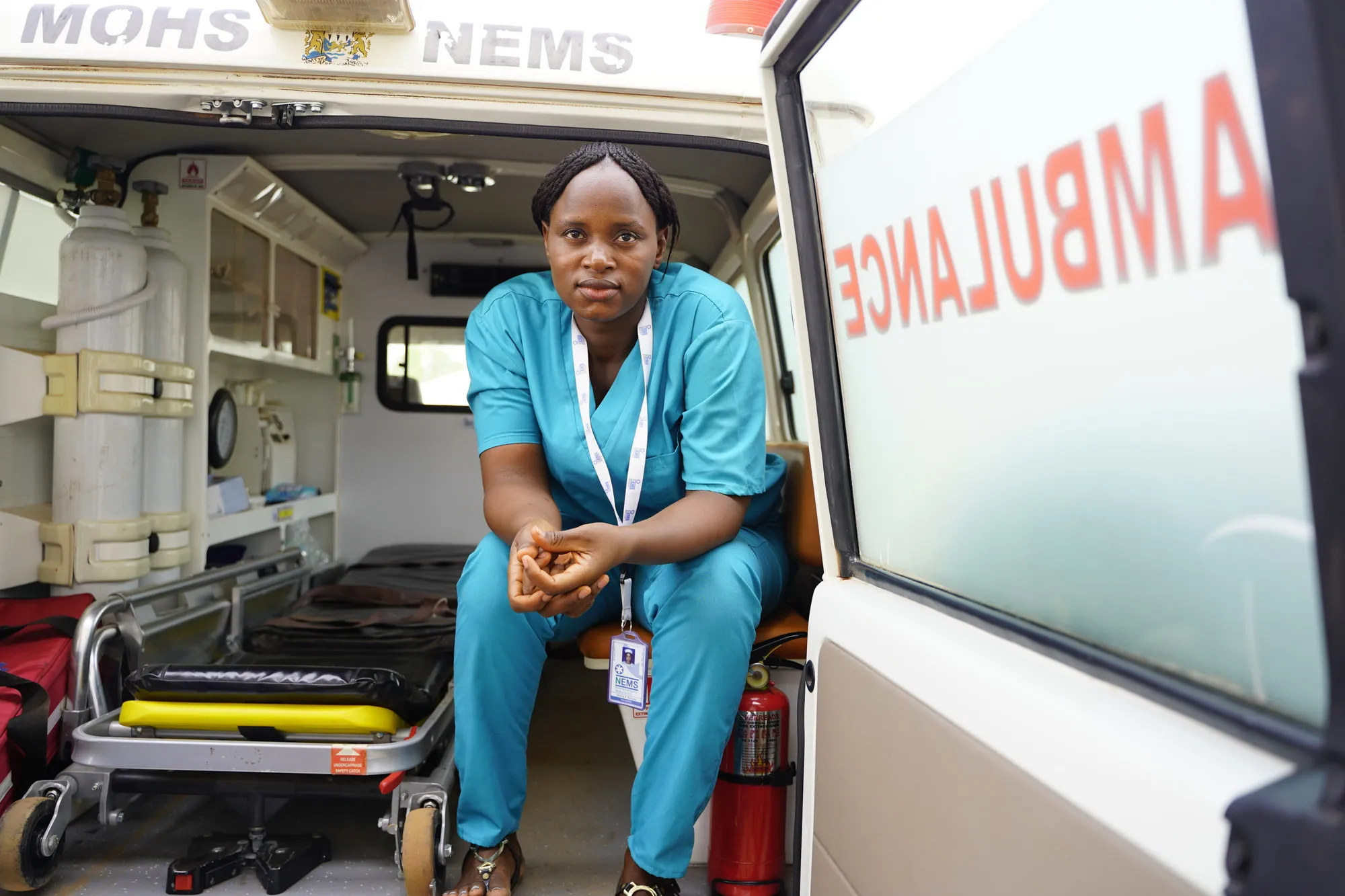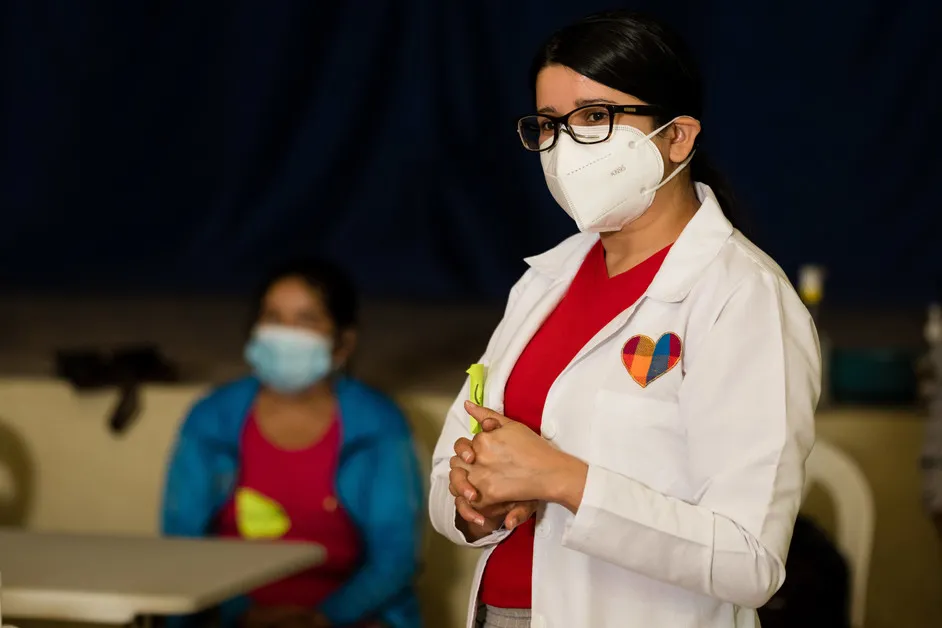It is a day for acknowledging the work and sacrifice of women globally and a reminder to uplift women’s voices and rights. As we celebrate the achievements and progress of women around the world today, we should also acknowledge and uplift female frontline health workers.
It’s clear that women’s contributions in the healthcare workforce are integral to making health systems run. But it is also clear that women take on these indispensable roles without the compensation or decision-making power commensurate with their contributions.
Women make up 90% of health and care workers globally yet they hold only 25% of the health care leadership roles.
Women are 70% of the frontline health care workforce, yet most of them are either unpaid or underpaid.
Globally, the pay gaps between women and men are pervasive. Many women in the health workforce are not paid at all for their work, and even those who do have paid positions make an average of 28% less than men, a pay gap even larger than that of other economic sectors.
A double burden
Often, female frontline health workers also carry a double burden of responsibility in the workplace and with unpaid domestic work at home. Women do two to ten times more care work in the home than men. Lack of affordable childcare and senior care means that support for this work is often out of reach or is costly if it is available at all.
When crises hit, women and girls not only tend to eat last and least, but their in-home burdens are also unlikely to reduce whether they contribute to their families by caring for loved ones who are sick, young, or elderly, or by working outside the home, or both.
But the need to support women health workers does not end with increasing their pay and reducing their labor burdens; their safety must be prioritized as well.



